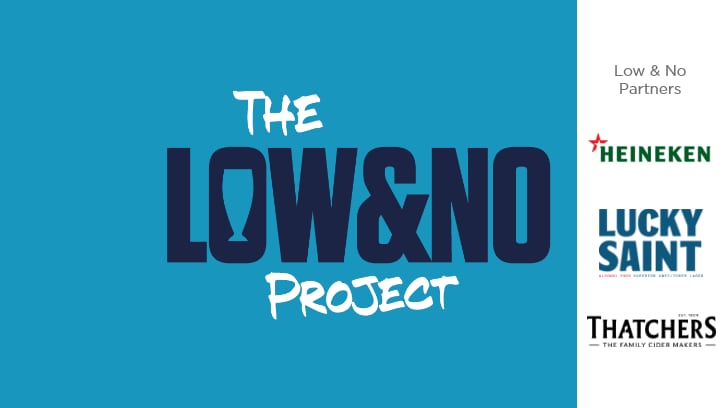As the commercial & operations director of 18 hospitality venues, I welcome a country with higher average earnings and more disposable income. I also want to be able to charge the right prices for delivering great experiences that not only cover costs but delivers enough profit to reinvest in the business and drive it forwards. These things must come hand in hand.
This will only happen if our Government looks beyond high wages and begins to focus on stimulating growth in industries like hospitality, allowing us to pay higher wages, protect margins and continue to invest.
The shift in Government policy towards a higher wage economy is clear. There was a 30% rise in national minimum wage (NMW) over the 12 years from 2008 to 2020, compared to a 33% rise in just the five years from 2020 to now.
This does not seem to be slowing down. The current Labour Government is already discussing a £15 per hour goal. In an industry reliant on entry-level workers, the impact of a rapidly rising minimum wage is obvious.
Senior staff must be recognised too
But this is only one part of the picture. Much like the issues facing doctors and the NHS, increases in NMW narrow the gap between junior and more experienced staff and leads to demands for higher wages throughout the seniority chain. We, in turn, must increase wages for senior team members or see good people leaving for better wages abroad or in other sectors.
So, if we accept that rapidly increasing wages are inevitable, businesses must also be given the levers to increase productivity and adapt otherwise inflation will increase, pressure on profit margins will be unmanageable, and we will see even further job losses.
Recent UKHospitality data shows 84,000 job losses in hospitality since the Autumn Budget, with 13,000 in June alone. These figures must be a call to action for the Government, showing that their policy changes last autumn are having a hugely damaging impact on our sector.
A high-wage, high-price economy can work in the UK and drive growth in hospitality but it requires a clear business strategy and fundamental policy change:
1. Invest in people to increase productivity
We used to talk about needing ‘bodies’ on a busy shift. With the cost of labour now as high as it is, this concept is dead. We need to invest in higher paid, higher skilled workers who can deliver better experiences in fewer total labour hours.
This will require investing in excellent recruitment, onboarding and learning and development (L&D) programmes, as well as reviewing the packages we can offer top talent.
The Government can help us with this by:
- Reforming the apprenticeship levy so it isn’t seen as a tax on businesses but something that can be used effectively to give more people vocational education within our sector
- Invest in sector-specific training programmes & NVQs
- Promote tax incentives and grants for businesses investing in L&D and best-in-class people programmes
- Review NICs so that it doesn’t have such an outsized impact on sectors like hospitality.
2. Invest in technology to support and upskill people
Once you have the right people, investment in technology can support them to deliver more efficiently.
Businesses should be incentivised to embrace and invest in technology that can drive productivity gains through tax incentives, grants and 0% loans. A hospitality equivalent to Made Smarter, the UK digital manufacturing body that has been a big part of boosting productivity in that sector through digital technologies, innovation and skills, could be a game-changer to support with this.
3. Put hospitality at the heart of levelling up and high street revival
It was heartening to read Jonathan Reynolds’ comments this weekend about putting “more enjoyment and more fun in town centres” and delivering the fundamental reform of business rates.
This is an outdated tax that punishes pubs more than any other sector. We now need to hold him to account and make sure that this is delivered in the Autumn Budget. The Government needs to encourage investment in town centres and high streets, including upgrading local transport infrastructure to allow customers and would-be staff to access these venues. High streets could thrive if there was an incentive to invest.
4. Allow us to deliver better experiences
Prices are going up. With increasing costs we’re having to charge more for the same product, driving inflation. We need to change the perception of what things should cost and, to do this, we need the headroom in our pricing structure to deliver better value experiences. People won’t continue to pay higher prices for stagnating levels of quality but the impact of tight margins across every line of the P&L limits what we can provide at each price point.
A reduction in the tax burden from VAT to employer national insurance contributions to business rates and a move to taxing profit rather than taxing revenue will give us the ability to buy better quality produce; buy local to stimulate local economies; invest in people and venues; and deliver more for less across the board.
I want an economy that enables higher prices for better experiences, supported by higher wages and improved consumer confidence. I want a fair tax system and the policy environment and the tools to grow. With this in place we can deliver better jobs, stronger communities and world class hospitality experiences.




